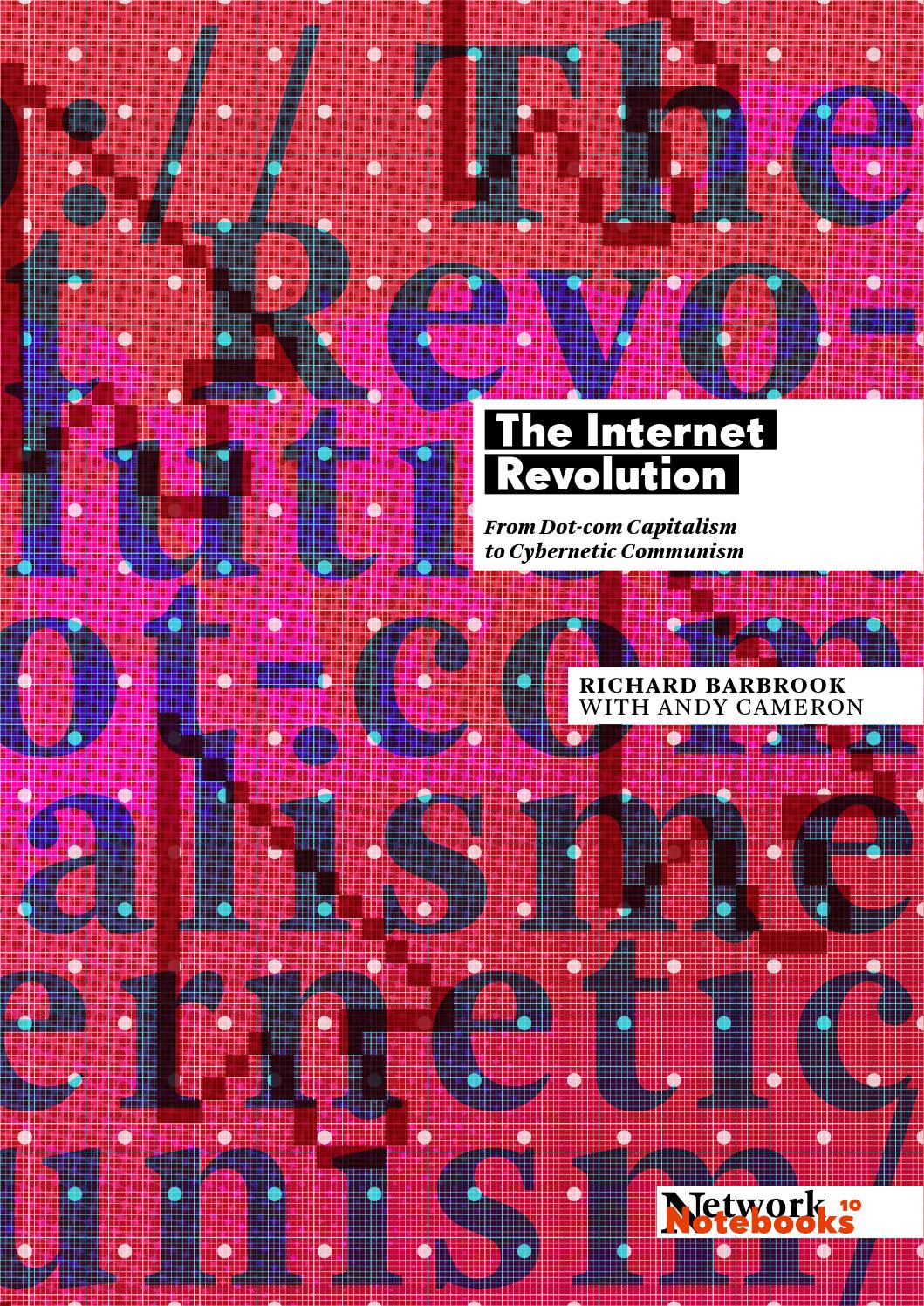Timothy Druckrey (ed.): Ars Electronica: Facing the Future: A Survey of Two Decades (1999)
Filed under book | Tags: · art, computer art, computing, electronic art, internet, media, media art, technology, theory, video art, virtual reality, web

“For the past two decades the Austrian-based Ars Electronica, Festival for Art, Technology, and Society has played a pivotal role in the development of electronic media. Linking artistic practice and critical theory, the annual festival and symposium bring together scientists, philosophers, sociologists, and artists in an ongoing discourse on the effects of digital media on creativity—and on culture itself.
Drawing on the resources of Ars Electronica’s publications and archives, this anthology collects the essential works that form the core of a contemporary art long dismissed as too technical or inaccessible. The book includes a critical introduction, full bibliography, and texts and artworks from the key figures in the field.
Among the many contributors are Robert Adrian, Roy Ascott, Jean Baudrillard, Heidi Grundmann, Donna Haraway, Kathy Huffman, Friedrich Kittler, Knowbotic Research, Myron Kruger, Laurent Migonneau, Sadie Plant, Florian Rötzer, Paul Sermon, Carl Sims, Christa Sommerer, Woody Vasulka, Paul Virilio, Peter Weibel, and Gene Youngblood.”
Publisher MIT Press, 1999
Electronic Culture: History, Theory, and Practice series, 1
ISBN 0262041766, 9780262041768
449 pages
via Ars Electronica
Reviews: Beryl Graham (Convergence, 2000), Rhizome (2000), Stephen Wilson (Leonardo, 2001), Yvonne Spielmann (Leonardo, 2001), Matthew Griffin (PAJ, 2002).
Comment (0)Richard Barbrook with Andy Cameron: The Internet Revolution: From Dot-com Capitalism to Cybernetic Communism (2015)
Filed under book | Tags: · californian ideology, capitalism, communism, cybernetics, cyberspace, internet, libertarianism, neoliberalism, net criticism, silicon valley, technology, virtual reality

“Richard Barbrook and Andy Cameron’s The Californian Ideology, originally published in 1995 by Mute magazine and the nettime mailinglist, is the iconic text of the first wave of Net criticism. The internet might have fundamentally changed in the last two decades, but their demolition of the neoliberal orthodoxies of Silicon Valley remains shocking and provocative. They question the cult of the dot-com entrepreneur, challenging the theory of technological determinism and refuting the myths of American history. Denounced as the work of ‘looney lefties’ by Silicon Valley’s boosters when it first appeared, The Californian Ideology has since been vindicated by the corporate take-over of the Net and the exposure of the NSA’s mass surveillance programmes.
Published in 1999 at the peak of the dot-com bubble, Richard Barbrook’s Cyber-Communism offers an alternative vision of the shape of things to come, inspired by Marshall McLuhan’s paradoxical ‘thought probes’. With the Californian Ideology growing stronger, the Net was celebrated as the mechanical perfection of neoliberal economics. Barbrook shows how this futurist prophecy is borrowed from America’s defunct Cold War enemy: Stalinist Russia. Technological progress was the catalyst of social transformation. With copyright weakening, intellectual commodities were mutating into gifts. Invented in capitalist America, the Net in the late-1990s had become the first working model of communism in human history.
In an introduction written specially for this 20th anniversary edition, Richard Barbrook takes a fresh look at the hippie capitalists who shaped Silicon Valley and explains how their influence continues to this day. These thought probes are still relevant in understanding the contradictory impact of ubiquitous social media within the modern world. As McLuhan had insisted, theoretical provocation creates political understanding.”
Publisher Institute of Network Cultures, Amsterdam, Oct 2015
Network Notebooks series, 10
Creative Commons Attribution-NonCommercial-ShareAlike 4.0 International License
ISBN 9789492302014
51 pages
Replies to ‘The Californian Ideology’ published in Mute 4 (Spring 1996): Introduction, Louis Rossetto (Wired’s editor-in-chief), Franco (Bifo) Berardi, Celia Pearce.
PDF, PDF (4 MB)
EPUB, EPUB (3 MB)
Issuu
Roy Ascott (ed.): Engineering Nature: Art & Consciousness in the Post-Biological Era (2006)
Filed under book | Tags: · art, biology, body, consciousness, max/msp, mind, nanotechnology, nature, space, telematics, text, virtual reality

This third volume in the Consciousness Reframed series, documenting the very latest artistic and theoretical research in new media and telematics including aspects of artificial life, robotics, technoetics, performance, computer music and intelligent architecture. The contributions to this volume represent the work produced at conferences and in journals which are only now emerging into more accessible literature. With over fifty highly respected practitioners and theorists in art and science contributing, there is a stimulating diversity of approach and a rich background of knowledge.
Publisher Intellect Books, 2006
Consciousness Reframed Series
ISBN 184150128X, 9781841501284
333 pages
PDF (updated on 2012-7-24)
Comment (0)
